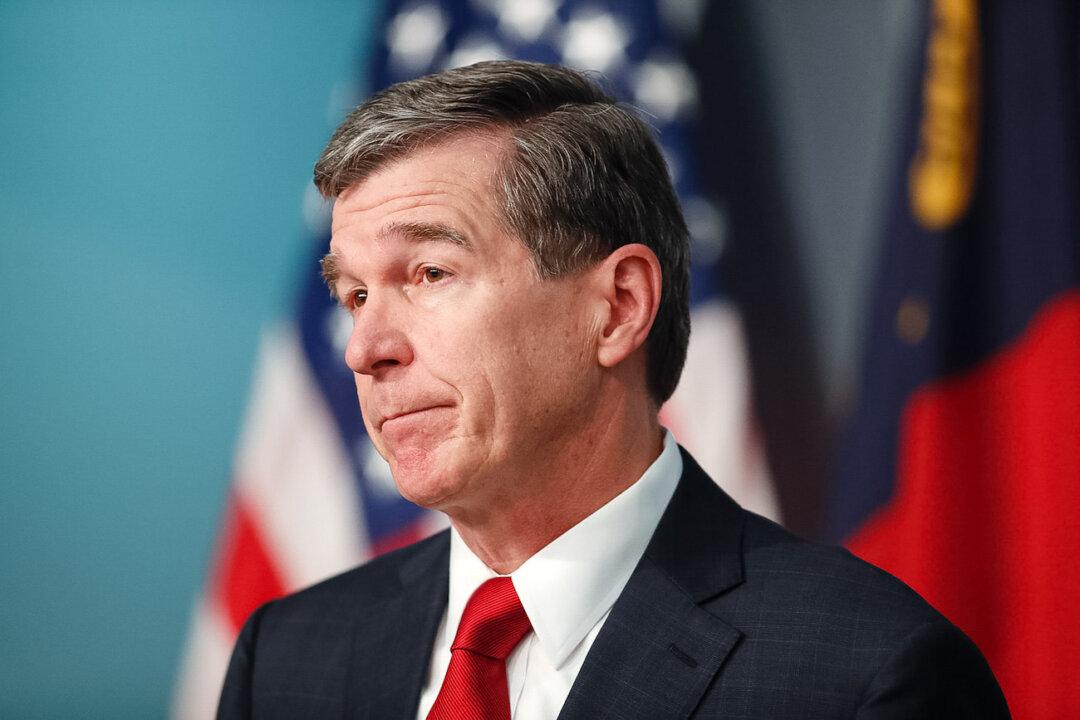No evidence supports the decision by North Carolina’s governor to close some bars while letting others stay open, a court ruled on April 16.
North Carolina Gov. Roy Cooper, a Democrat, in an executive order in March 2020 forced all bars in the state to close. Two months later, he issued a new executive order that allowed bars inside restaurants to reopen but required others to remain shuttered.





